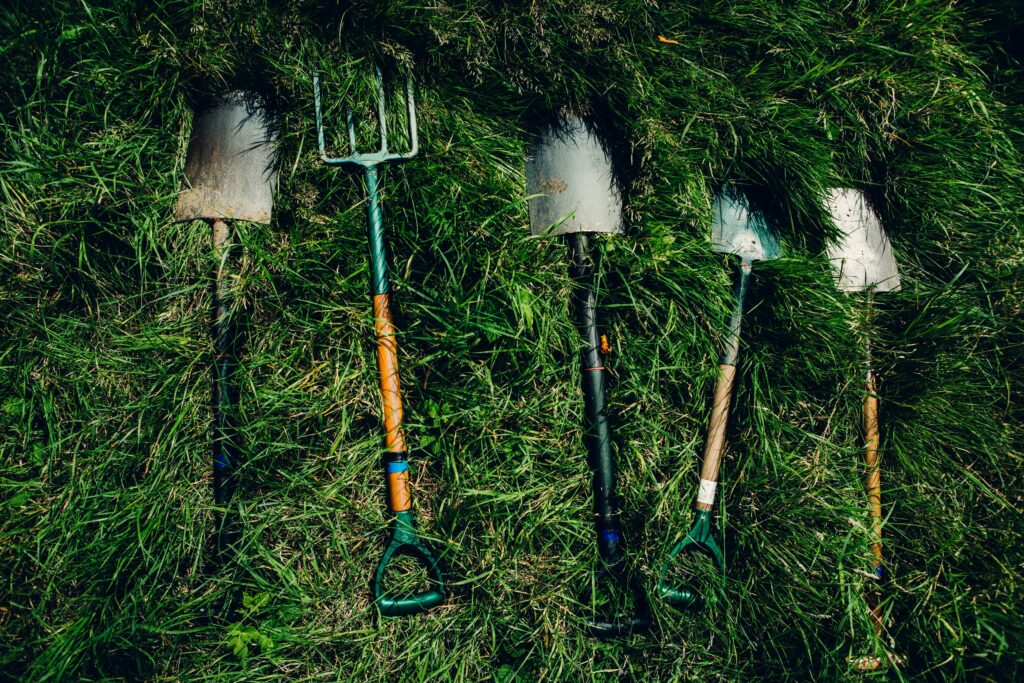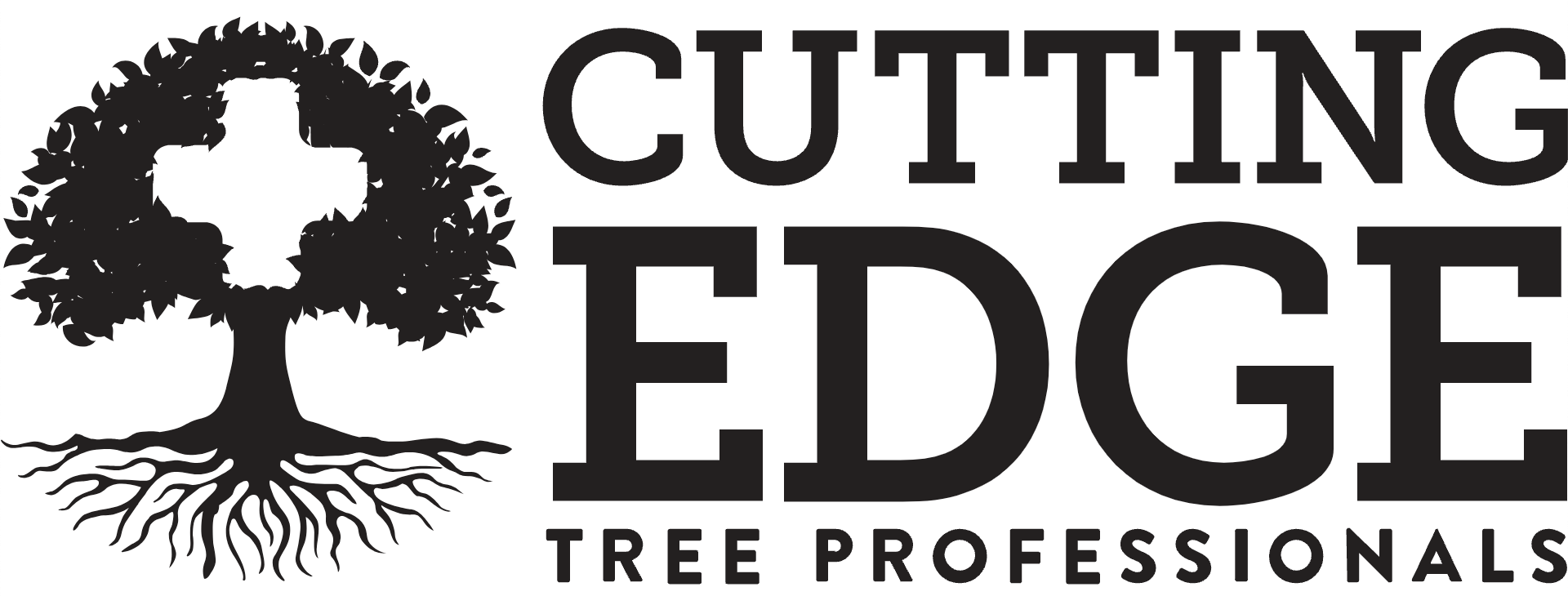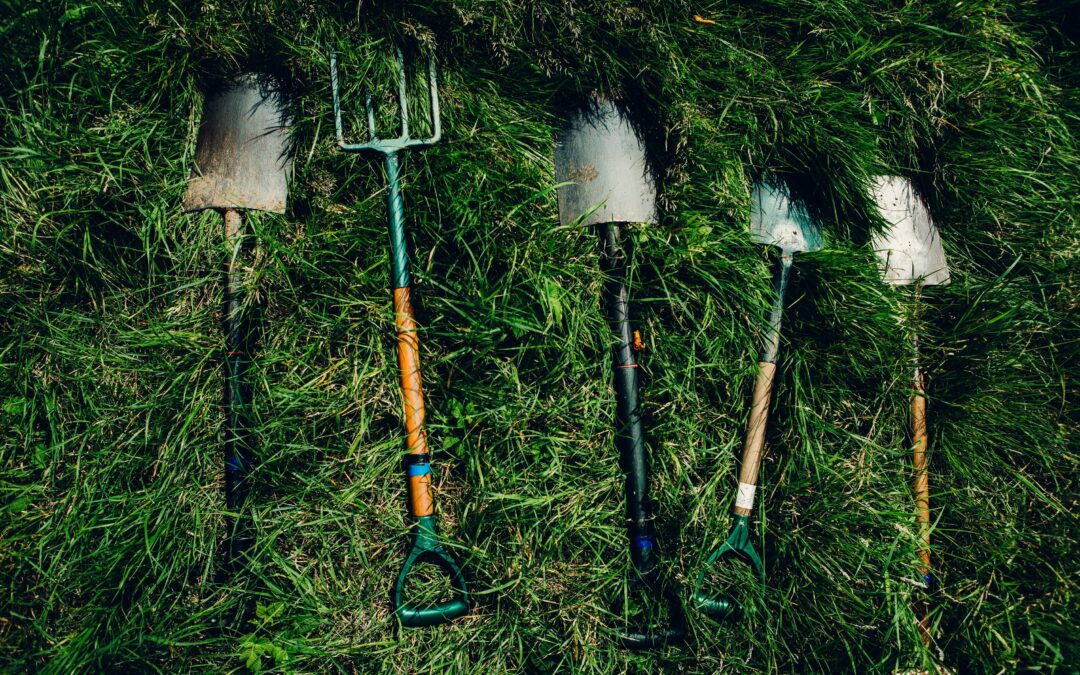Caring for your yard can be a fun, soothing, and rewarding experience with just your hands, but it can be taken to the next level of efficiency and safety with the right tools. With an abundance of tools in the world of gardening, it’s important to make sure you’re selecting the best ones for your space.
To make it easy to find the best garden tools we’ve pulled together our Top 10 list.
Our Top 10 Tools You Need For Your Garden And Why
1. Gloves
While this can seem obvious, gloves are actually an essential part of caring for your garden safely. Lots of plants can leave you with thorns, blisters, and even skin irritation, but the right pair of gloves can help reduce those risks.
For the ideal pair of gloves, we recommend considering:
- Not too bulky for working with seeds and smaller plants
- Ensuring the gloves fit well, but are breathable to avoid blisters
- Longer cuffs to protect wrists and forearms from scratching and irritation
2. Hand Trowel
A trowel is a hand tool great for digging small holes, measuring depth of soil, transporting seeds, and digging up tough weeds. Trowels can come in various different blade sizes and material, and handle lengths, so it’s important to choose the right one for you.
For the ideal hand trowel, we recommend considering:
- A shorter broad blade is best for moving large amounts of soil
- And a longer narrow blade is best for digging up weeds and rocks
- Stainless steel blades are typically more durable
3. Wheelbarrow
Maneuvering large amounts of soil and mulch can be damaging and dangerous to both your yard and body. Having a wheelbarrow can make this heavy lifting not only safer, but more efficient.
For the ideal wheelbarrow, we recommend considering:
- Single-handle, two-wheel barrows are easiest to balance
- Weight capacity of 4 to 6 cubic pounds is standard for home yards
- Solid rubber tires do not need to be inflated
4. Rake
Pennsylvania fall brings the beautiful changing of leaves, and while beautiful, they can spread across your yard and be tedious to manage. A sturdy rake can help fix this issue, in addition to creating ideal seedbeds in your soil.
For the ideal rake, we recommend considering:
- Head width of 24 inches is sufficient for most tasks
- Adjustable rakes can reach narrower areas
- Plastic tines are less damaging on impressionable lawns
5. Watering Can
Watering is an essential part of plant care, and there are many ways to make sure it is done successfully. A watering can is a great tool for watering your plants in any location and to any amount, evenly.
For the ideal watering can, we recommend considering:
- A removable spout can make for various water flows and pressures
- Metal watering cans are more durable and typically last longer, but are more susceptible to rusting
- A typical watering can that is filled with water weighs around 8 pounds, make sure you can carry it safely
6. Loppers
Loppers are a cutting tool with a longer handle that can access harder-to-reach and thicker branches. Loopers can increase your personal safety when dealing with large hedges and taller, heavier branches.
For the ideal pair of loppers can, we recommend considering:
- Longer handles can help you access branches that are farther away
- Keep in mind your personal strength in carrying and raising the tool, as longer handles can make the loppers heavier
- Keep lopper blades in good condition by sharpening them regularly
7. Garden Hose
Another great way to keep your plants and soil moisturized, a garden hose can help carry water long distances without traveling back and forth. This can reduce stress and strain on your body and expedite the watering process, which can be tedious.
For the ideal garden hose, we recommend considering:
- An adjustable nozzle can allow you control over water pressure and spray radius
- Estimate how long of hose you will need prior to buying
- Store hoses out of direct sunlight and coiled to reduce the risk of kinks
8. Shovel

Shoveling is another garden exercise that can cause strain on your back and limbs. Fortunately, lifting large amounts of soil can be done more efficiently with the help of a sturdy shovel.
For the ideal shovel, we recommend considering:
- The longer the length of the handle, the more leverage you will have
- Flat blades are best for making specific holes and cuts, while pointed and rounded blades are best for digging large holes and moving soil
- Wooden handles are typically less durable than fiberglass handles
9. Garden Fork
Garden forks are a great tool for digging through tough, dense soil. They can also be used with other heavier materials, such as turning over compost and digging out root crops. The longer metal tines can also ensure protection against smaller rocks that would typically be a problem with shovels and other tools.
For the ideal garden fork, we recommend considering:
- Straight tines are more efficient for difficult, dense soil
- Square tines are the strongest of the tine alternatives, but can be heavier
- Curved tines are a great feature to offer scooping in addition to regular tasks
10. Pruning Shears
Pruning is an essential process for plant and tree maintenance, and there are many tools that can be used to do this. The most efficient of the group for various occasions are hand pruners, or pruning shears, which are lightweight, portable, and good for most plants and shrubs.
For the ideal pair of pruning shears, we recommend considering:
- Anvil pruners are best for dead wood and can damage live plants and shrubs
- Bypass pruners are best for live plants and shrubs
- Pruners should fit easily in the palm of your hand and not cause strain to use
We’ve Got You Covered
If you find that you don’t have the right tools or don’t feel the need to purchase them, the certified experts at Cutting Edge Tree Professionals are here to help with your maintenance needs. We have all the necessary technology and expertise to help your garden and trees thrive.
If you are in need of assistance or have concerns about a tree’s health, our arborists are available for year-round consultations. Pruning, stump grinding, cabling, tree removal, and pest control, are some examples of our provided upkeep services.
Call us today at (814) 201-9757 or visit our website to fill out our online consultation form.
Source list
- https://cuttingedgetreeprofessionals.com/the-top-5-tools-every-homeowner-needs-for-yard-work
- https://www.almanac.com/gardening-tools-guide
- https://www.gardendesign.com/how-to/tools.html
- https://https.extension.psu.edu%2Fcool-tools-for-new-and-seasoned-gardeners&usg
- https://www.thespruce.com/essential-gardening-tools-list-5187810

